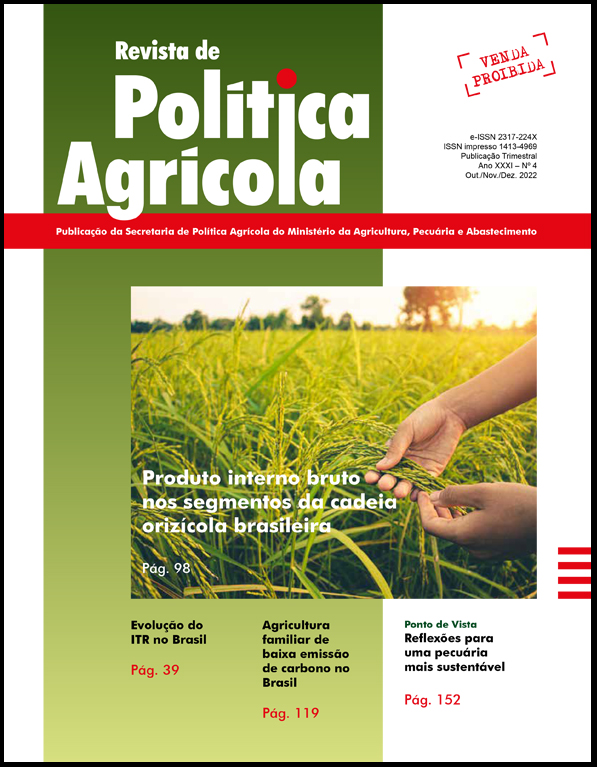Use of barter contracts in Mato Grosso state, Brazil
Keywords:
Cerrado, farm management, finance, grain productionAbstract
In the 21st century, the grain production in Brazil has significantly expanded. The country has become the most important producer and exporter of soybean. This production growth is due to the expansion of the agricultural frontier in the Cerrado region. Because the grain production in the Cerrado region is carried out at a large scale – from a few hundred to several thousand hectares –, farmers need to obtain resources for inputs, such as seeds, fertilizers, and agrochemicals. Many farmers obtain inputs through barter contracts. They barter inputs for future harvest with local input vendors and multinational grain trading companies. Barter contracts have helped farmers to expand their production. However, farmers who financed their production through barter contracts found it difficult to increase their profit and expand their production scale. This study compares farm management between farms with barter contracts and farms without barter contracts. Farm surveys in two municipalities in Mato Grosso state, Brazil, have shown that farmers who finance their inputs with barter contracts have few options in input procurement and grain sales. However, farmers who finance their inputs with bank loans have many options for input procurement and grain sales. These options allow them to increase their profit and to expand their production scale.Downloads
Published
2022-12-22
How to Cite
Shimizu, T. (2022). Use of barter contracts in Mato Grosso state, Brazil. Revista De Política Agrícola, 31(4), 136. Retrieved from https://rpa.sede.embrapa.br/RPA/article/view/1852
Issue
Section
Artigos Científicos


